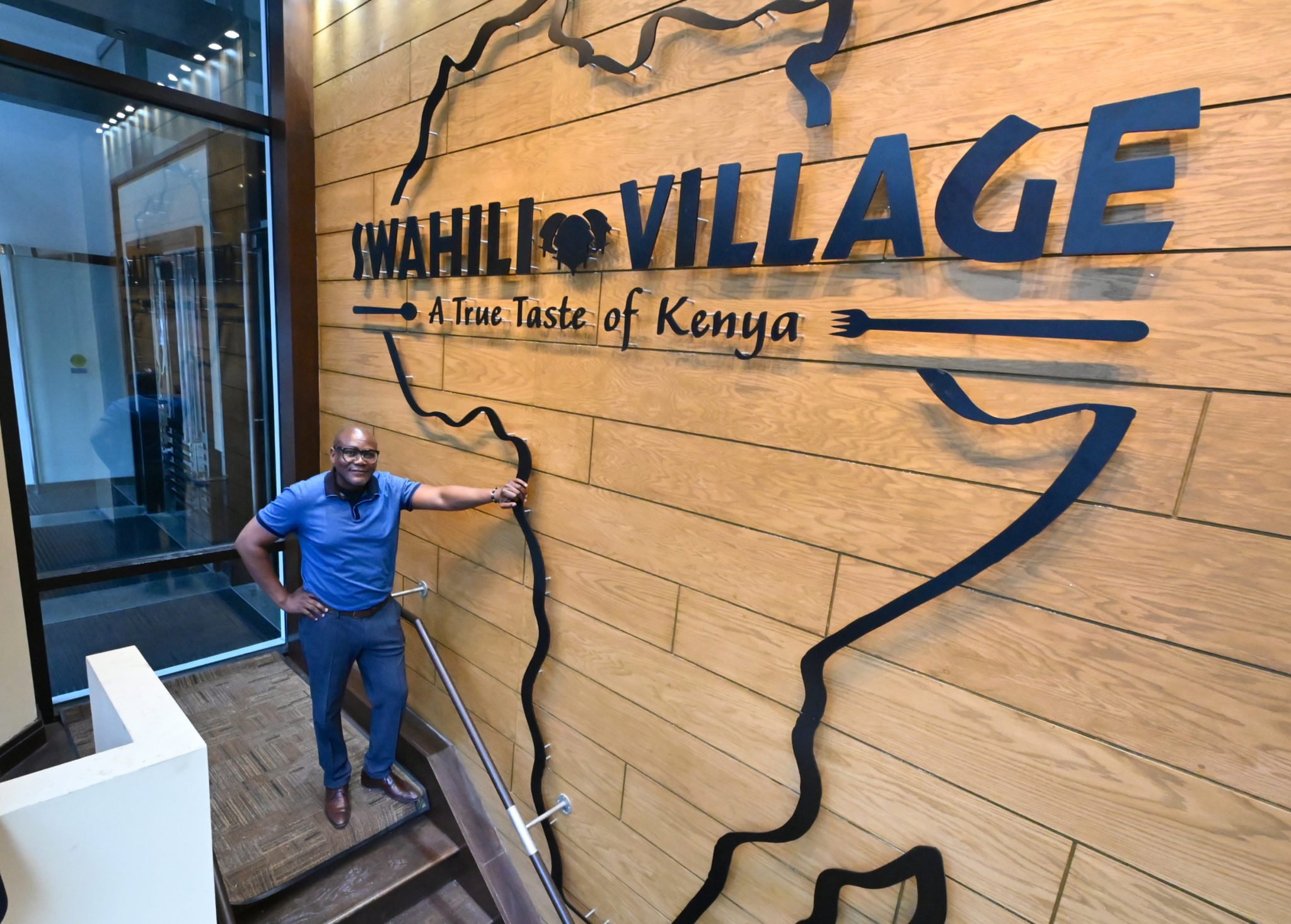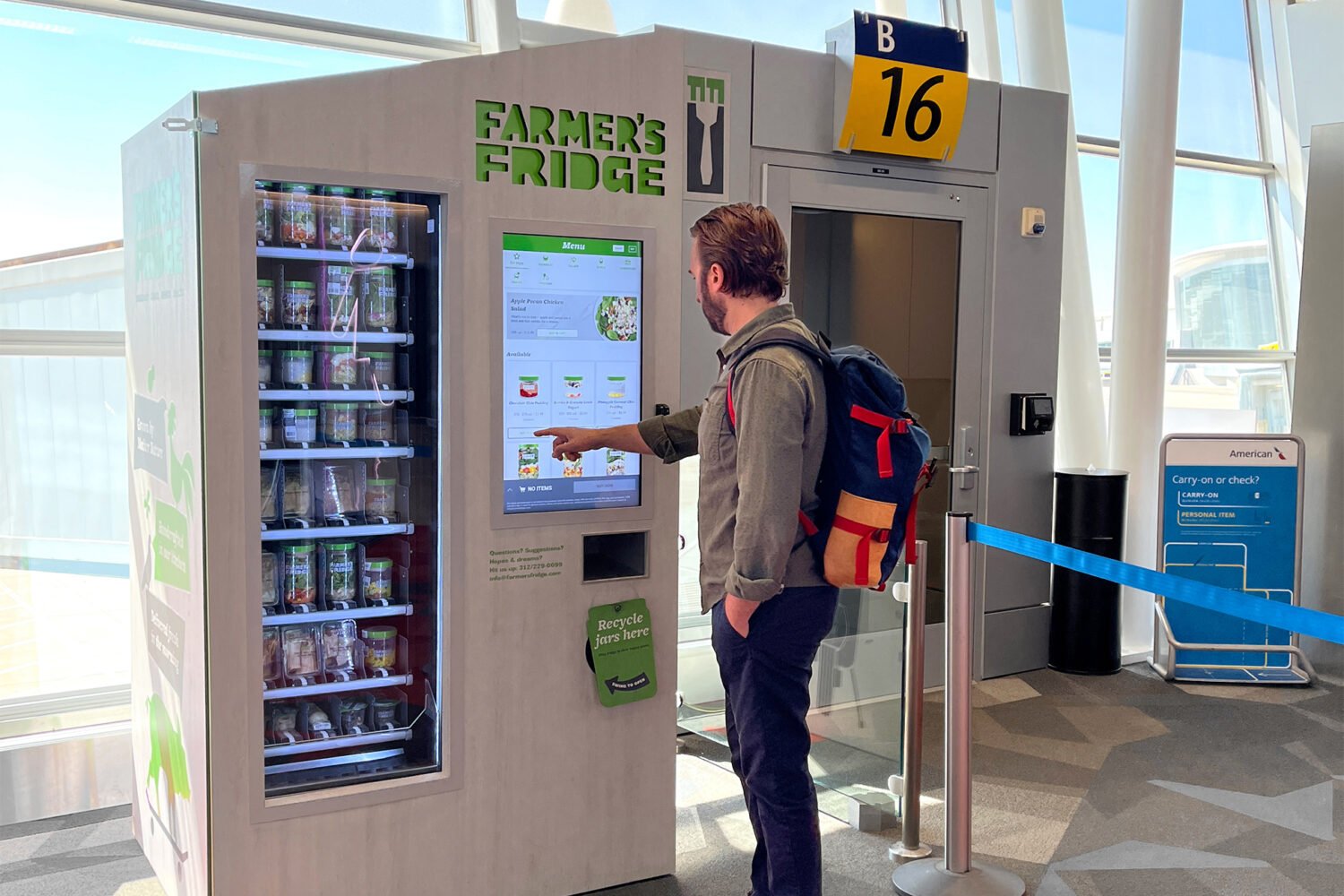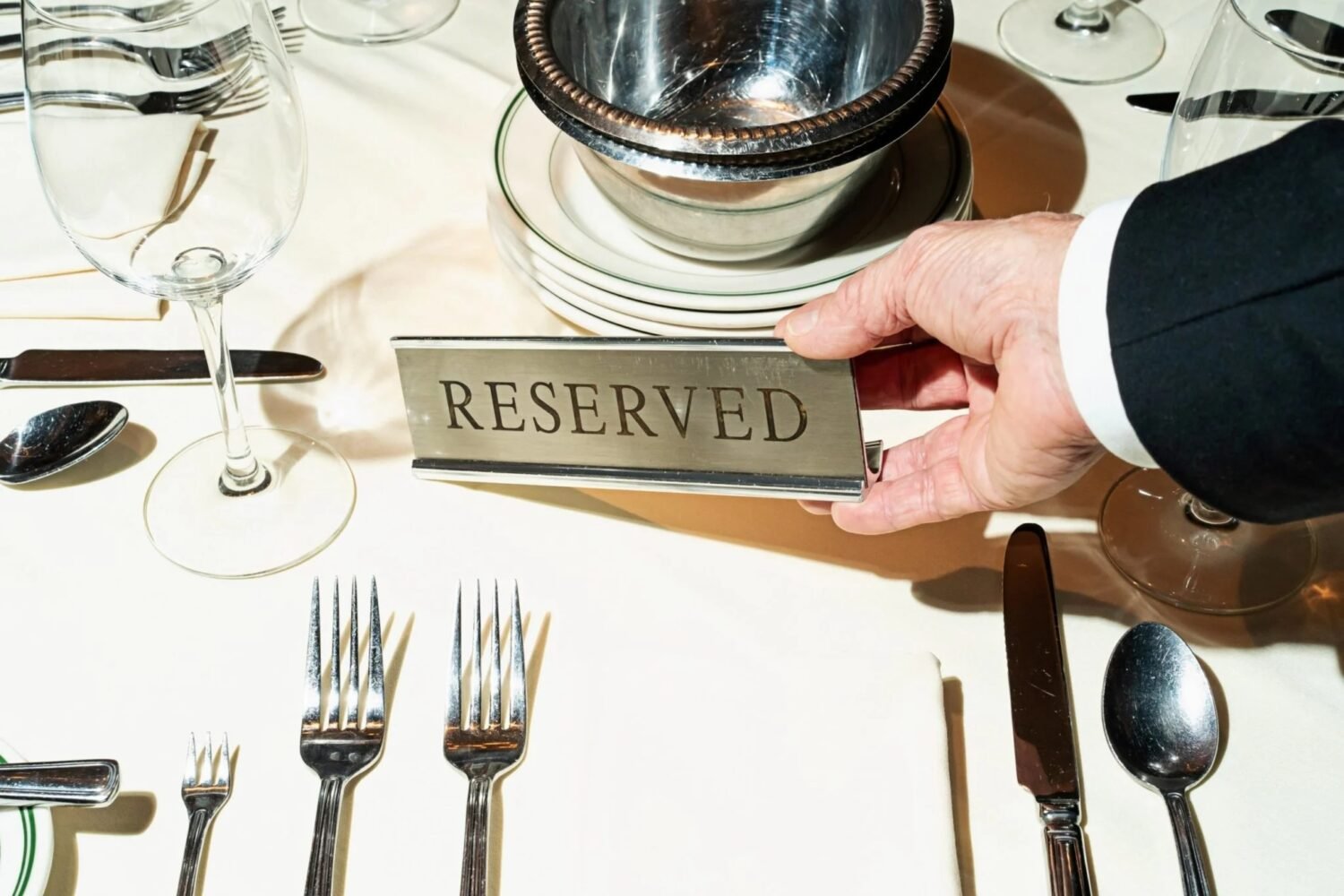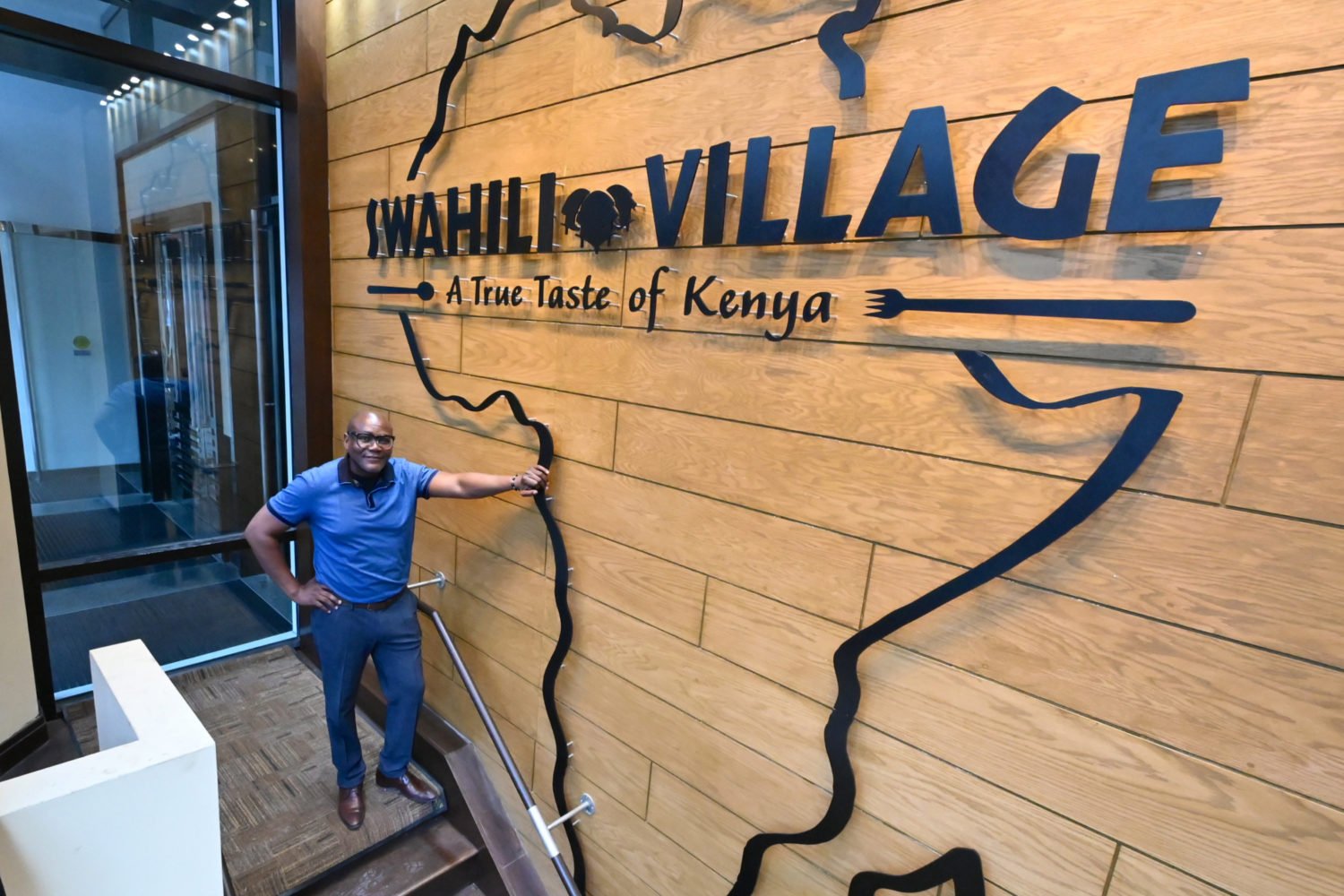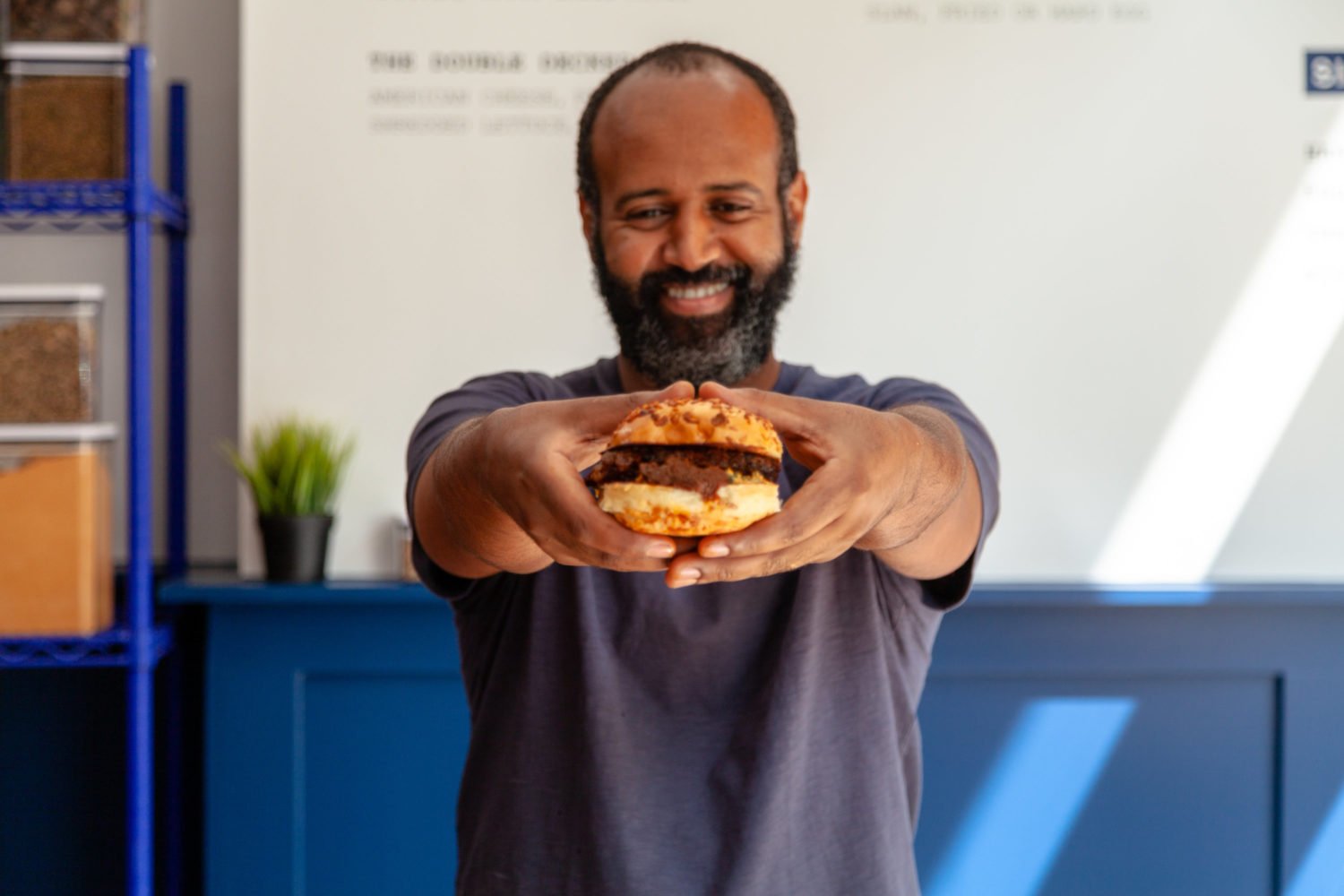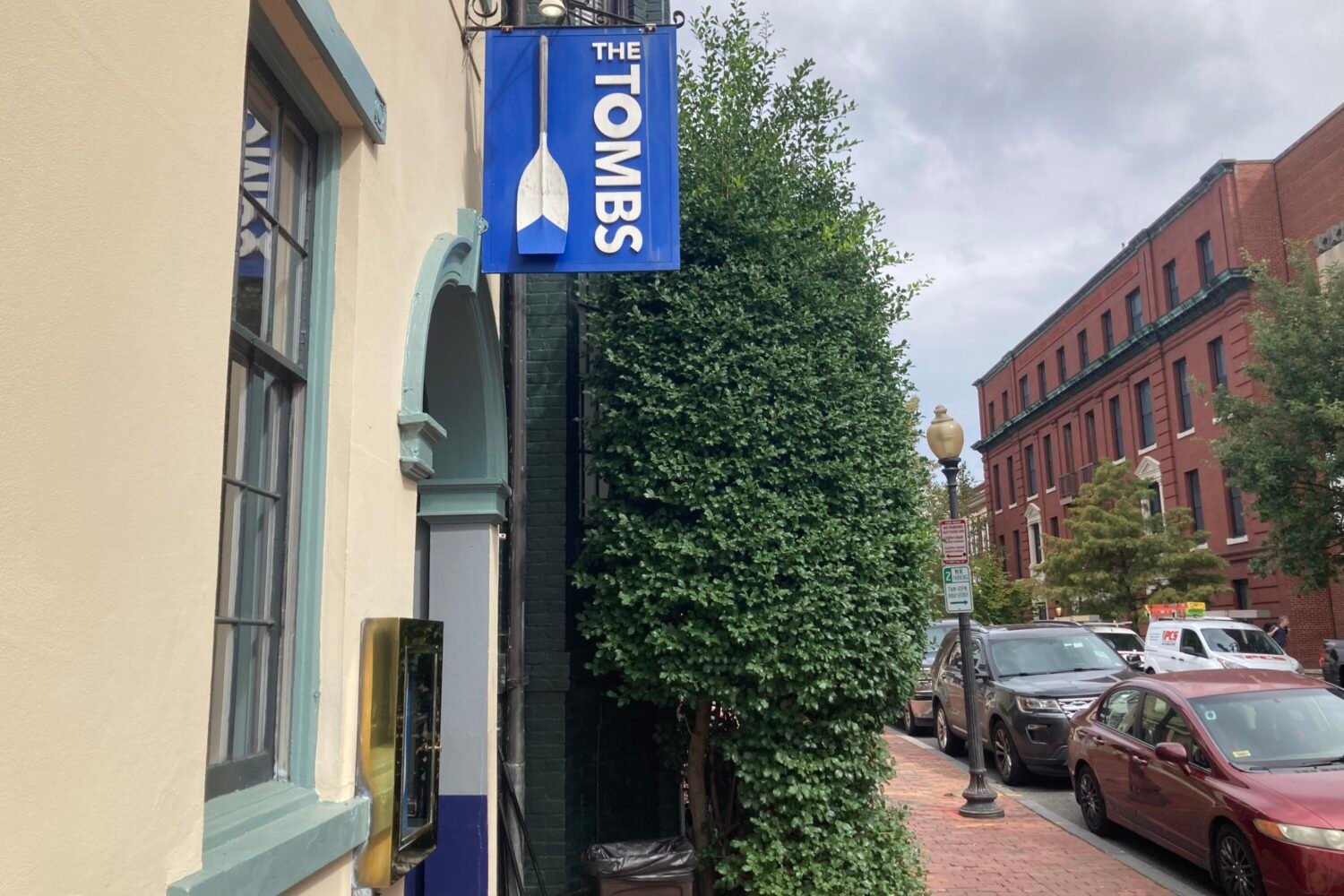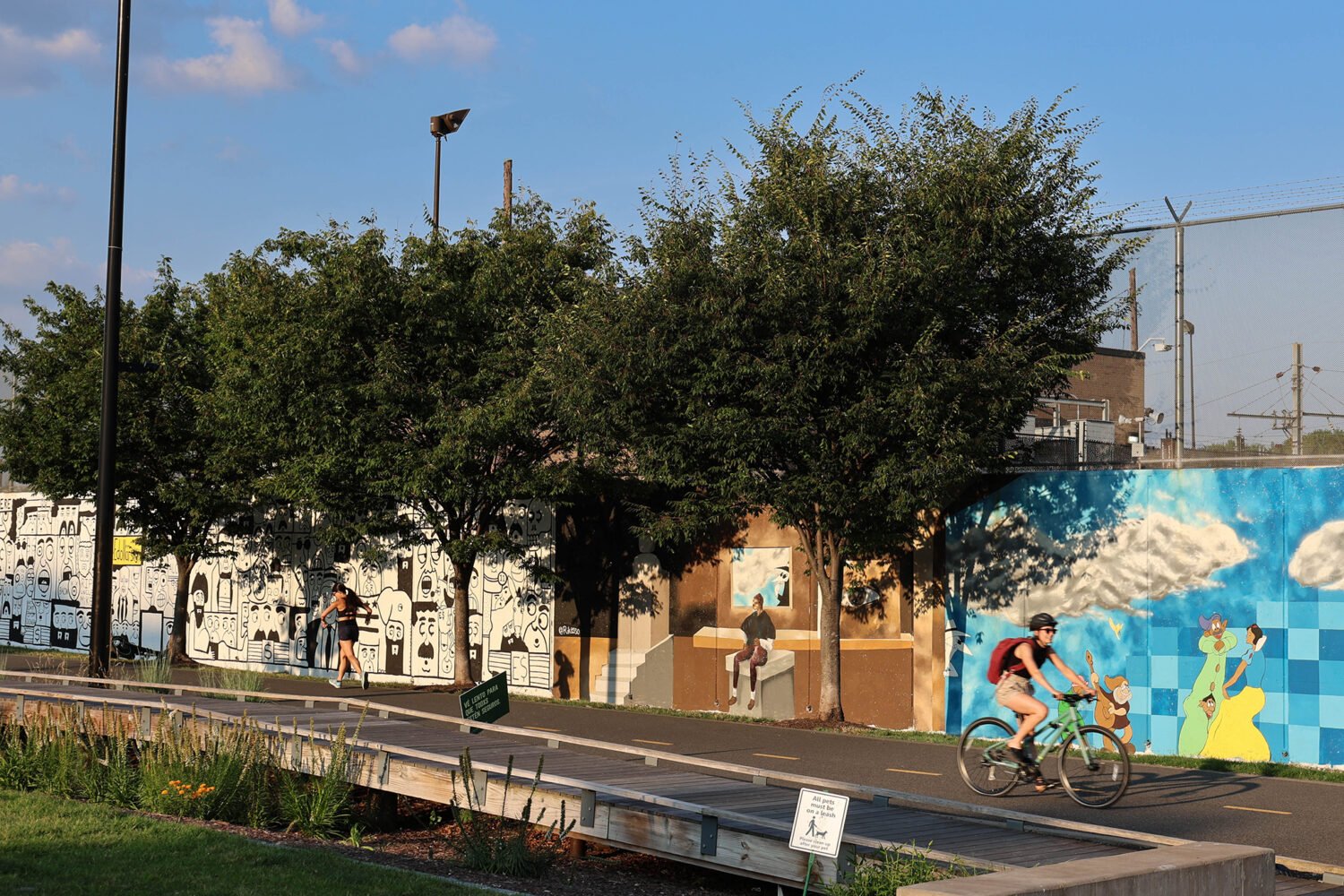UPDATE: In a written statement, Swahili Village owner Kevin Onyona said that he had voluntarily agreed to settle, and that the settlement was not an admission of wrongdoing. “We insist that our workers are allowed to be part of our growth story, as they are critical to our success and their well being is our priority,” Onyona wrote. “We confirm that 30 employees who worked at the restaurant at the time of the dispute remain on staff, also many who are beneficiaries of the settlement also remain on staff.”
The executives of a Kenyan fine-dining restaurant must pay more than half a million dollars to their workers and to DC to resolve a wage theft lawsuit.
Downtown DC restaurant Swahili Village stole tips from its servers, hosts, food runners, bussers, and bartenders, paying some as little as $5 an hour, according to a lawsuit filed by DC attorney general Brian Schwalb last year. Now, the restaurant’s owner, Kevin Onyona, will settle by paying out $526,973, about half of which will go directly to 72 workers.
While Swahili Village bounced back from a pandemic nadir, catering to African dignitaries and diplomats, Onyona and his chief operating officer, Emad Shoeb, were allegedly stealing from their working-class employees, many of whom are African immigrants. Those employees will soon be awarded more than $260,000— an average of about $3,600 in damages per person.
“For months, I saw managers mistreat my coworkers, including many young immigrants who did not even realize that what was happening was wrong,” former Swahili Village bartender Rowles Adams said in a statement. “I spoke out, but it didn’t change things. I’m so grateful that the lawyers from the attorney general’s office heard our plea for help and stood with us to get justice.”
Swahili Village, which remains open, will also have to pay $197,614 in penalties to the DC government, change its practices, and submit compliance reports for three years.
“This settlement, we believe, sends a strong signal to employers that it’s important to treat workers fairly, with dignity, and to abide by the law,” says Graham Lake, chief of the workers’ rights section at the office of the attorney general. “These workers are going to have money back in their pocket as compensation for having their rights violated.”
Onyona, a former seminary student, opened the original Swahili Village in College Park in 2009. He opened the M Street location in March 2020 and another location in Newark, New Jersey the following year. The restaurant’s Kenyan staples like goat stew, nyama choma, and whole tilapia in coconut sauce have drawn critical praise and attention from the Kenyan ambassador.
In late 2020, Onyona told Washingtonian that the DC location was struggling, and that 65 employees had been let go. But even as the restaurant’s business rebounded in 2021 and it hired 30 new employees, the lawsuit claims, Onyona and Shoeb continued bilking their staff. The defendants denied the attorney general’s claims last year, but Lake says his office uncovered even more evidence of wage theft during the discovery period.
Since the DC attorney general’s office began enforcing workers’ rights penalties against restaurants in 2021, it has settled with the restaurant group that operates Rasika; the pizza chain Matchbox; Chipotle (over child labor violations); and a Burger King franchisee.

